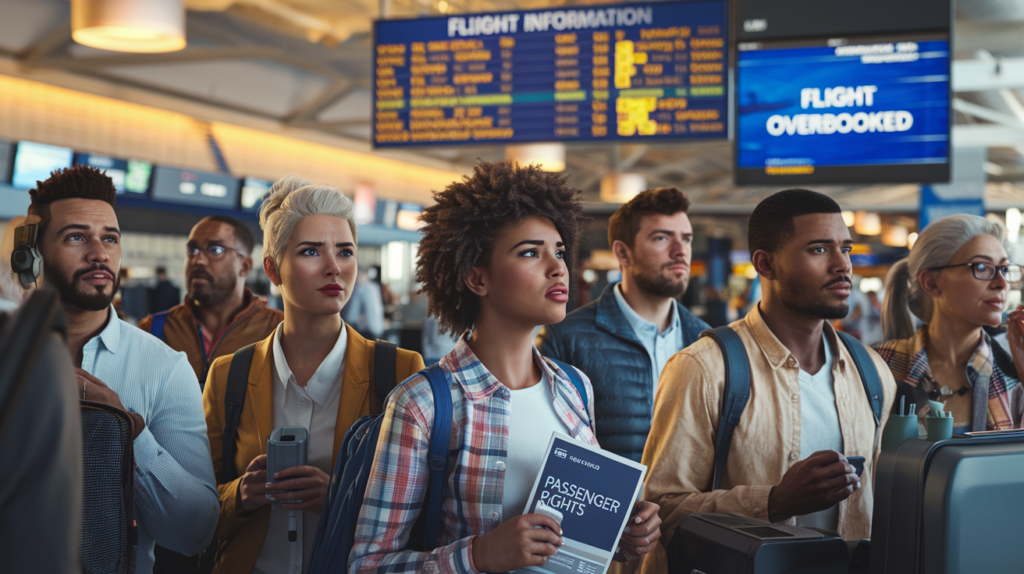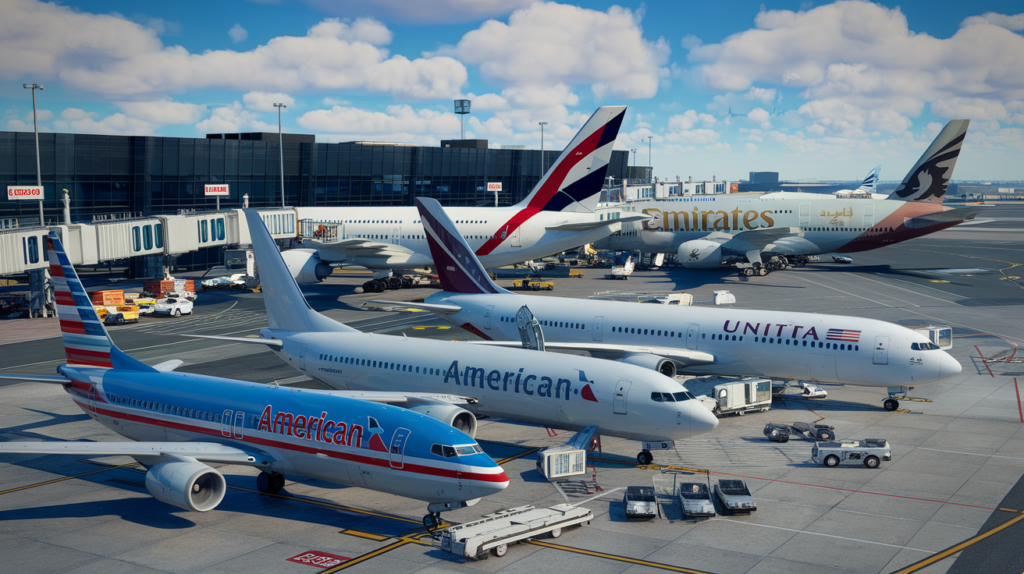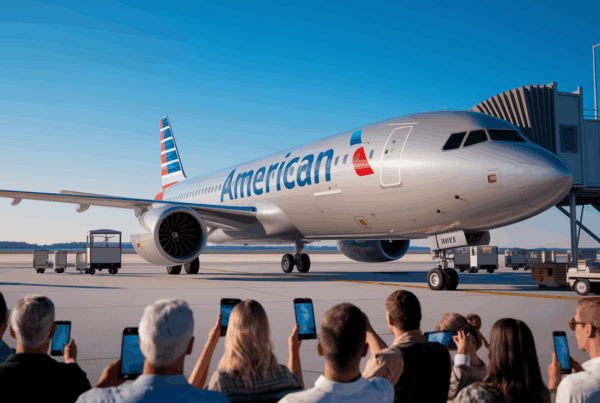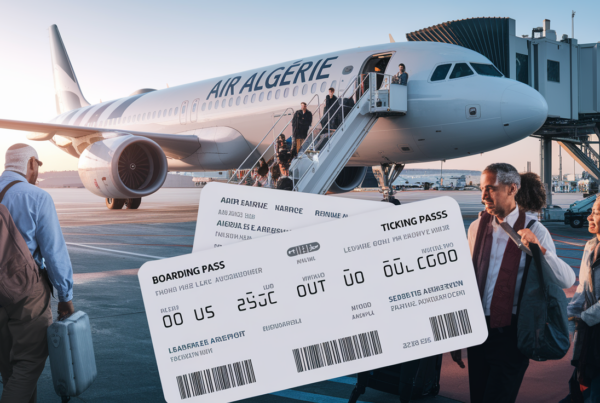Low-cost airlines have revolutionized the air transport sector, offering flights at highly competitive prices. Today's analysis of this business model is carried out by OAG, a key reference in the aviation industry. We take a closer look at an industry in perpetual evolution.
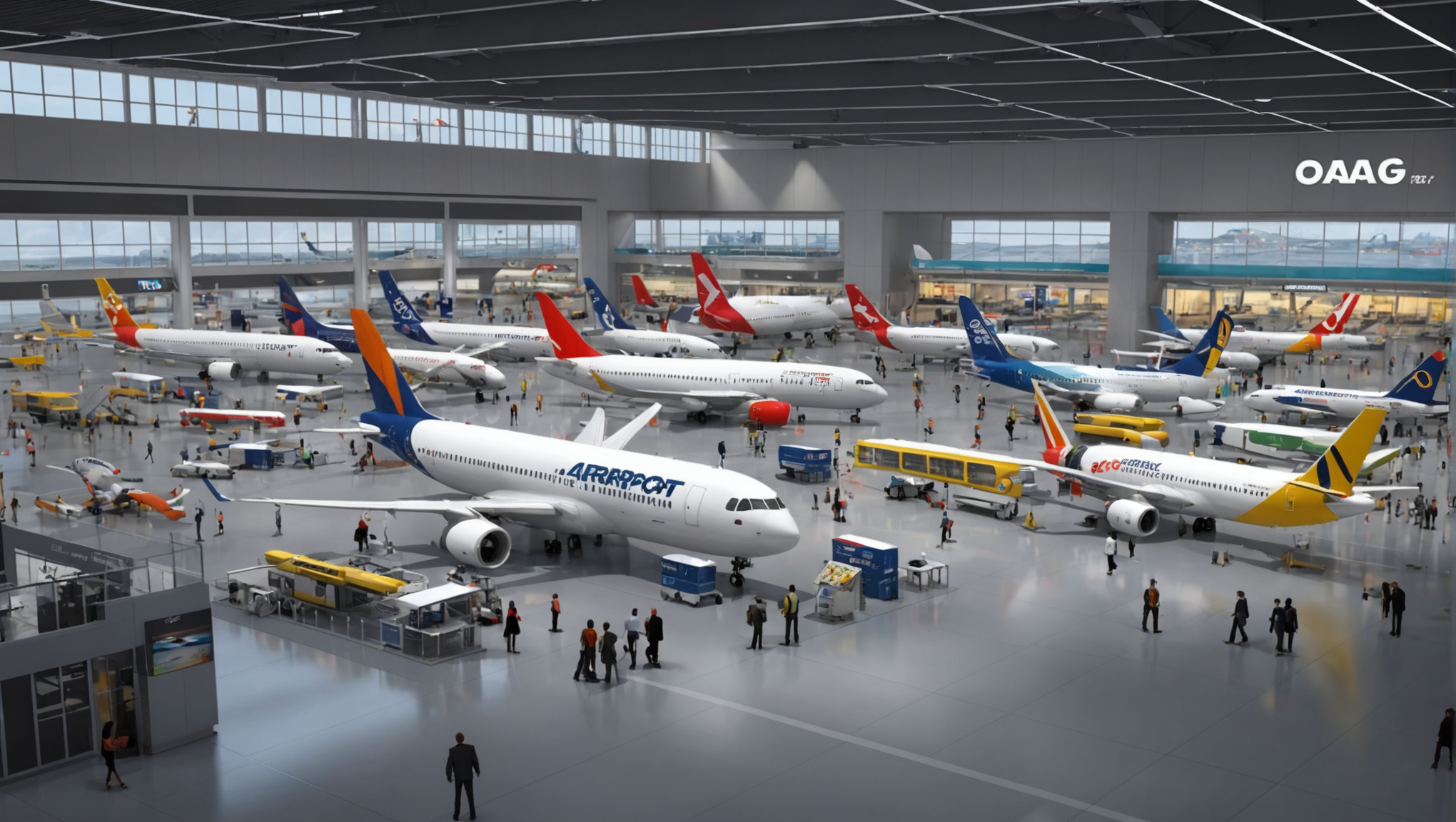
The world of aviation has undergone a spectacular transformation with the emergence of the low-cost airlines. These companies, once determined to offer unbeatable rates in exchange for reduced services, have evolved to meet more diversified and sophisticated needs.
Strategic changes for low-cost airlines
Low-cost airlines have had to adjust their business strategies to remain competitive. They have begun to expand their route networks to include destinations previously served only by traditional airlines.
In addition, they have diversified their revenue streams through additional services, such as baggage fees, seat selection and in-flight food. This hybrid model attracts a wider range of customers, from those looking for the lowest fares to those seeking a personalized travel experience.
Recent performance of low-cost airlines
According to OAG's analysis, low-cost airlines have shown remarkable resilience in the face of economic fluctuations. Their ability to rapidly adapt operating costs through flexible routes and modular aircraft configurations has played a crucial role.
In periods of falling demand, they have been able to optimize profitability by reducing flight frequencies and making rapid, effective price adjustments.
The impact of technology on the low-cost model
The impact of digital technology on low-cost airlines cannot be underestimated. The digitization of services has not only reduced operational costs, but also enhanced the customer experience through simplified online check-ins, intuitive mobile applications and personalized offers based on traveler data analysis.
The future of low-cost airlines according to OAG
According to OAG, the future of low-cost airlines will be marked by an increased combination of quality and affordability. Forecasts show a trend towards even greater personalization of services and expansion into new geographical markets.
List of key changes and impacts
| Elements of change | Impacts observed |
| Road expansion | Access to new destinations |
| Adoption of additional services | Income diversification |
| Use of digital technology | Reduce costs and improve the customer experience |
| Operational flexibility | Resilience to economic fluctuations |
On the same theme
An essential guide to passenger rights in the face of flight overbooking
When a flight is overbooked, passengers may be denied boarding. In Europe, EC regulation 261/2004 protects passengers by granting them a right to compensation, which varies according to the distance of the flight. Airlines are required to...
Animal transport: Brazilian courts rule on Avianca and TAP passenger appeals
A recent decision by the Brazilian courts has highlighted the claims made by passengers of Avianca and TAP airlines concerning the transportation of animals. This case highlights the issues at stake and the responsibilities of airlines with regard to...
Comparison between the three major North American airlines and the Gulf 'sisters
The three major North American airlines, Delta Air Lines, American Airlines and United Airlines, dominate the market with their extensive networks and impressive sales figures. At the same time, the "Gulf sisters" - Emirates, Etihad Airways and Qatar Airways -...

